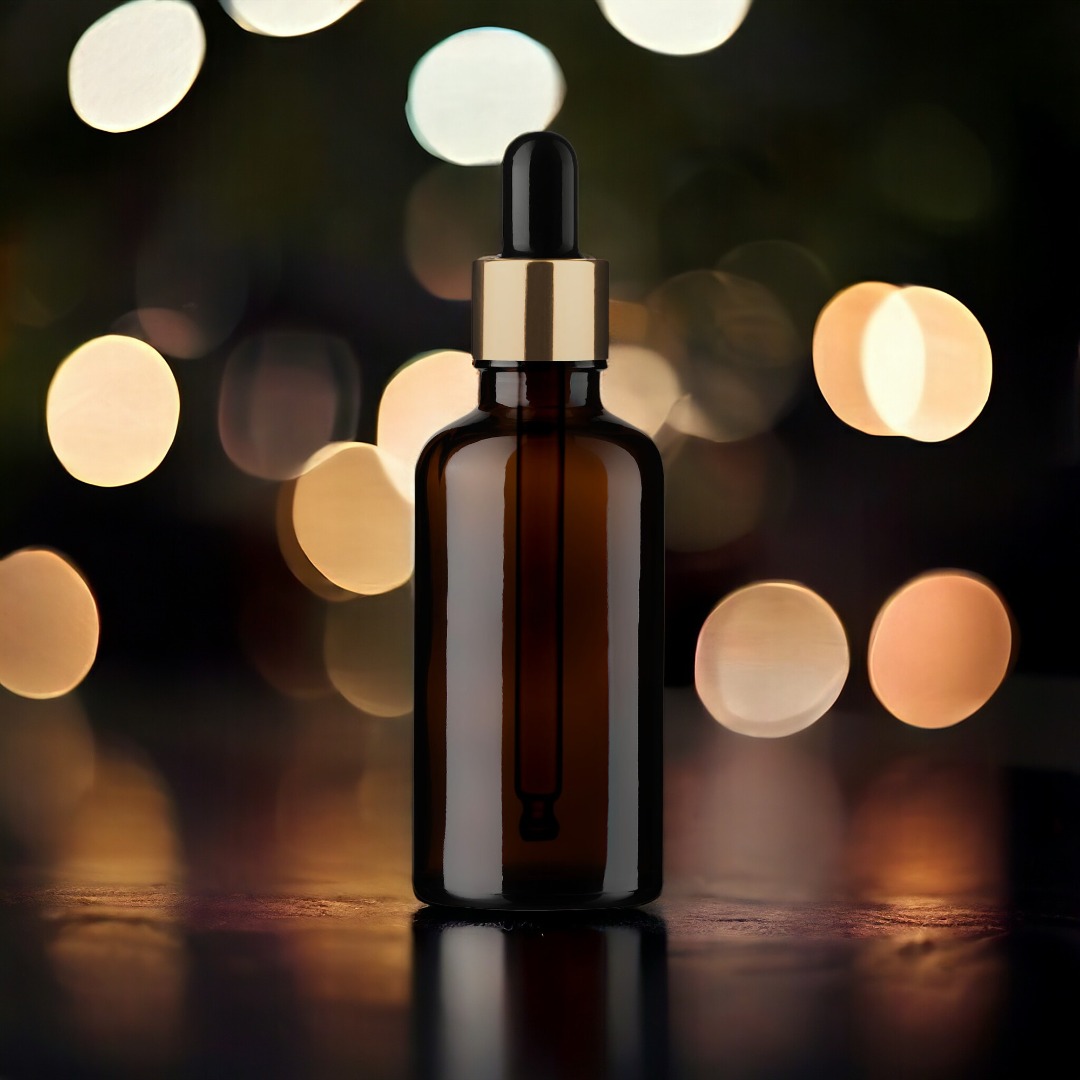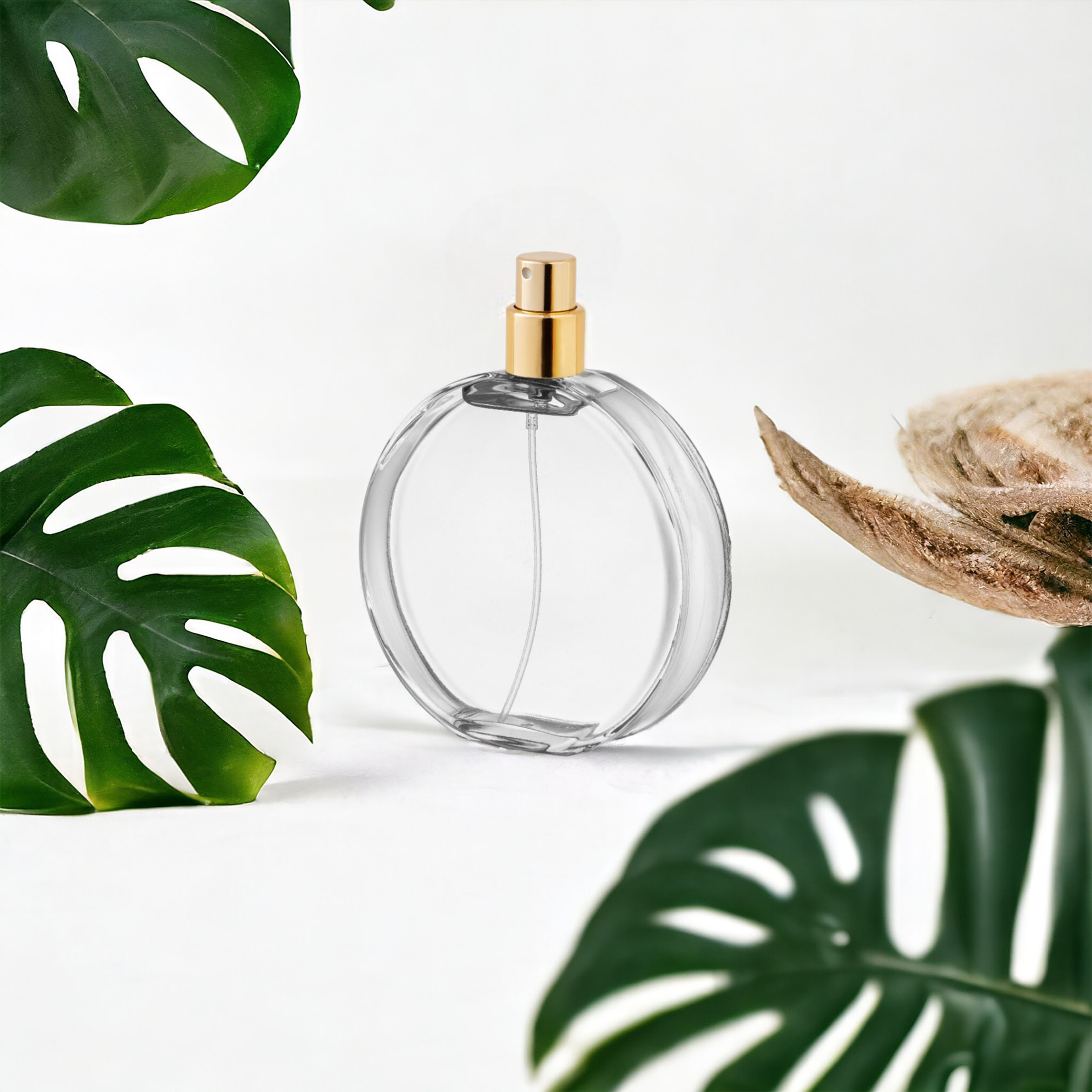- Corporate
- News
- Custom Design Services
- Products
- FAQ
- Contact Us
-
Products Of The Month
Pump Bottle
- 25 Apr 2024
Pump bottles are a popular choice in the cosmetics industry for dispensing a variety of products, from skincare lotions to liquid soaps and foundations. They are designed to deliver a specific amount of product in a clean and efficient way. Here’s a detailed look at the features and benefits of pump bottles:
Design and Materials
- Material: Most pump bottles are made from plastic, which offers durability and resistance to breakage. Glass pump bottles are also available, often used for high-end cosmetics due to their premium look and ability to preserve product integrity.
- Mechanism: The pump mechanism consists of a piston and a spring-loaded actuator. When the pump is pressed, it draws the product from the bottle through a tube and dispenses it through a small opening at the top. Detailed products: Pump & Collar
Common Uses
- Skincare Products: Lotions, serums, and face washes are commonly packaged in pump bottles to ensure easy, controlled dispensing.
- Hair Care Products: Conditioners, hair gels, and other treatments are often found in pump bottles for mess-free application.
- Foundations and Primers: Liquid makeup products are frequently packaged in pump bottles to avoid contamination and waste.
Advantages
- Hygiene: Pump bottles prevent users from directly touching the product, which helps to keep the contents free from contamination.
- Controlled Dispensing: They allow for precise control over the amount of product dispensed, reducing waste and ensuring consistent application.
- Ease of Use: Pumps are user-friendly, especially for those with limited hand strength or dexterity.
Environmental Impact and Innovations
- Sustainability: Many companies are moving towards recyclable or biodegradable materials for pump bottles to minimize environmental impact.
- Refill Options: Some brands offer refillable options where the consumer can reuse the outer shell of the pump bottle and only replace the inner pouch of product, reducing plastic waste.
Challenges
- Recycling Issues: The complex assembly of different materials in pump mechanisms can make recycling difficult. Efforts are ongoing to design more recyclable and disassemblable pumps.
Pump bottles offer a functional and convenient packaging solution for a wide range of cosmetic products, balancing ease of use with precise application and hygiene.
Pump Spray Bottle
Pump spray bottles are a versatile packaging solution commonly used across various industries, including cosmetics, cleaning, and healthcare. These bottles are equipped with a pump mechanism that creates a fine mist, ideal for dispensing liquids in a controlled and even spray. Made typically from plastic or glass, pump spray bottles are designed for user convenience and precise application. They are especially popular for hair care products like leave-in conditioners and styling sprays, as well as for facial mists and room fresheners that require a light, even distribution.
The design of pump spray bottles also supports hygienic usage as the contents are not exposed to air or direct contact, which helps in preserving the integrity and longevity of the product. Environmental considerations are increasingly important in the design and manufacture of these bottles, with many companies opting for recyclable materials and refillable options to minimize waste. Despite their many benefits, the complexity of the pump mechanism can sometimes make recycling challenging, pushing manufacturers to innovate towards more sustainable and easier-to-disassemble designs.
Glass Pump Bottles
Glass pump bottles are highly valued in the cosmetic industry for their elegant appearance and environmental benefits. Made from durable, high-quality glass, these bottles can be transparent, frosted, or tinted to suit aesthetic preferences and protect sensitive products from light exposure. Commonly used for skincare serums, fragrances, and liquid makeup, glass bottles ensure the chemical stability of the contents and maintain the quality of complex formulations. The pump mechanism, typically made of plastic or metal, allows for precise and hygienic dispensing of products.
Beyond their functional and aesthetic advantages, glass pump bottles are also favored for their sustainability. Being 100% recyclable without quality degradation, glass is an eco-friendly choice compared to plastics. Many brands have adopted refillable and reusable glass bottle designs to promote environmental responsibility. However, the fragility and weight of glass can pose challenges, potentially increasing shipping costs and risk of breakage, considerations important for brands and consumers alike in the decision-making process.

Latest news
Cokie Policy
We use cookies on our website to provide you with a better service. By using our site, you are agreeing to accept our Data Policy.
Leave an Email and We Will Contact You
Send email to get in touch

Erbatur Glass © Copyright 2024 | All rights reserved.



